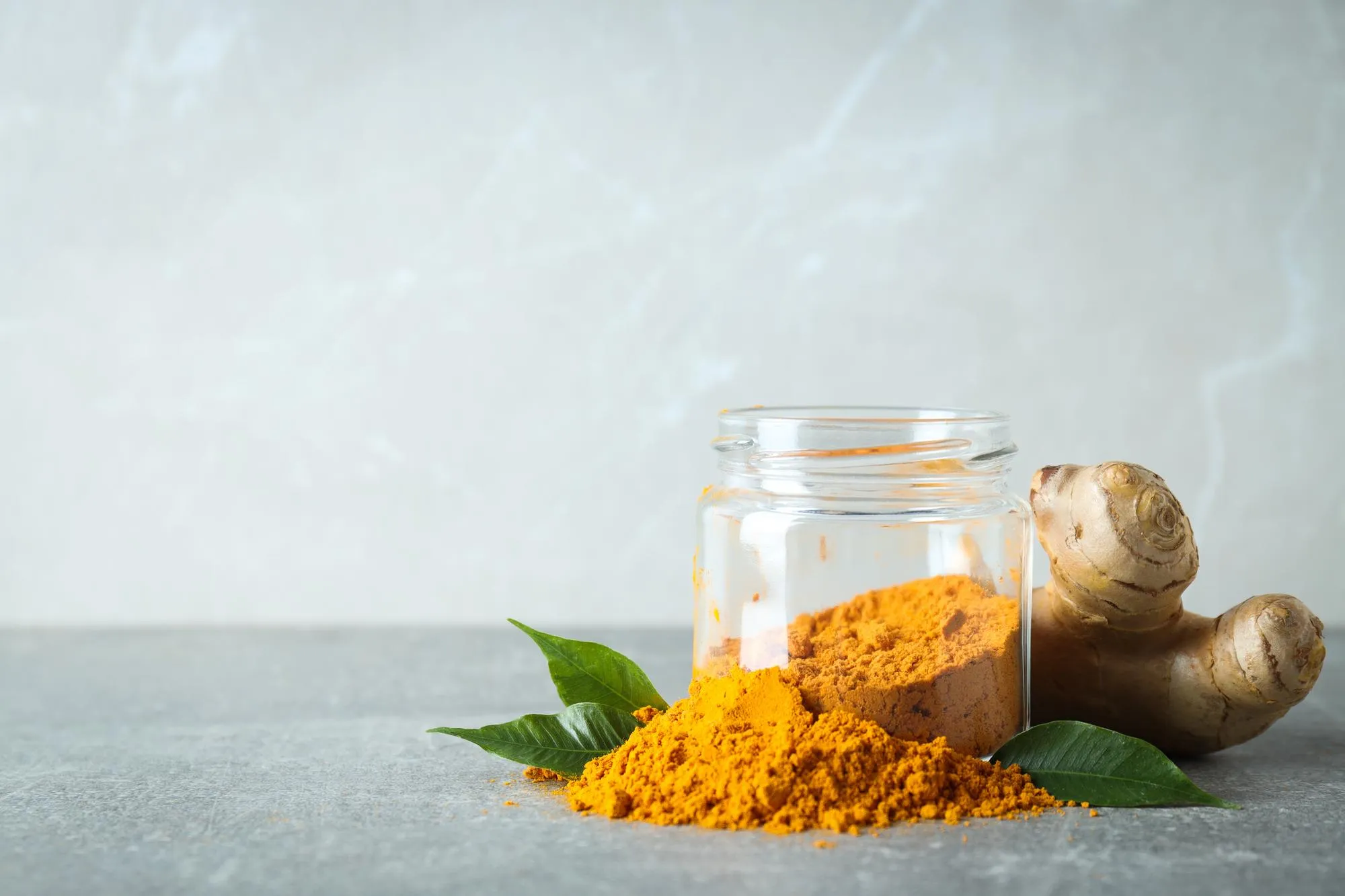A new systematic review and dose-response meta-analysis published in the journal of Clinical Nutrition ESPEN has shed light on the potential health benefits of curcumin, a compound found in the spice turmeric, particularly in relation to blood pressure and endothelial function. The research, which sifts through numerous randomized controlled trials (RCTs), highlights the impactful role that curcumin/turmeric supplementation could play as a complementary approach to improving cardiovascular health markers.
Curcumin, the vibrant yellow component of turmeric, has been a cornerstone of traditional medicine for centuries, particularly in South Asian cultures. Its purported health benefits, ranging from anti-inflammatory properties to antioxidant effects, have sparked a wave of modern scientific inquiry. Among the many health challenges of the 21st century, hypertension — or high blood pressure — stands out as a pervasive risk factor for serious conditions, including heart disease, stroke, and kidney issues.
The study, conducted by a team of researchers led by Dehzad Mohammad Jafar, Ghalandari Hamid, and Askarpour Moein from the Shiraz University of Medical Sciences in Iran, aggregated data from a total of 35 RCTs. These trials were selected from an initial pool of 4,182 studies, illustrating the extensive scope of the research project. The meta-analysis aimed to collectively assess whether curcumin/turmeric supplementation could legitimately be considered to aid in reducing blood pressure and improving functions associated with the endothelium, the lining of blood vessels.
To ensure robustness in their approach, the team employed the Cochrane quality assessment tool to appraise the risk of bias across the studies. Their comprehensive analysis targeted key health indicators: systolic and diastolic blood pressure (SBP and DBP respectively), the levels of vascular cell adhesion molecule-1 (VCAM-1) and intercellular adhesion molecule-1 (ICAM-1), flow-mediated vasodilation (FMD), and pulse-wave velocity (PWV). These parameters are critical as they offer insight into the state of the cardiovascular system and the presence of hypertension.
The results of the meta-analysis are promising. The weighted mean differences (WMD) calculated from the data showed that curcumin/turmeric supplementation resulted in significant improvements in SBP (WMD: -2.02 mmHg), DBP (WMD: -0.82 mmHg), and VCAM-1 levels (WMD: -39.19 ng/mL), and enhanced FMD (WMD: 2.00%). However, curcumin/turmeric did not substantially affect the levels of ICAM-1 or PWV.
The researchers noted that despite these positive findings, curcumin/turmeric did not significantly alter ICAM-1 concentration (WMD: -17.05 ng/ml), or PWV (WMD: -79.53 cm/s), suggesting that the effects of the supplementation could be more restricted to certain aspects of cardiovascular health. In light of this, the authors advocate for further research to understand fully the scope of curcumin’s impact on the various facets of circulatory health, particularly concerning inflammatory adhesion molecules.
With these findings in hand, the study entreats the medical community to consider curcumin/turmeric supplementation as a potential inclusion in strategies tailored towards the mitigation of hypertension and improvement of endothelial function. Given the absence of any declared conflicts of interest, the research provides an objective perspective on this natural compound’s health potential.
As the global community continues to grapple with the growing prevalence of hypertension and its associated health risks, this meta-analysis adds a valuable dimension to the dialogue on affordable, accessible, and potentially effective interventions.
The interest in curcumin and turmeric as health supplements has significantly increased over the years, reflecting a broader trend towards seeking natural and holistic approaches to wellness. Herein lies the importance of rigorous scientific assessment – ensuring that health claims are supported by substantial evidence and that proposed benefits are not inflated beyond what data can substantiate.
While promising, the study’s authors caution against viewing curcumin/turmeric supplementation as a panacea or a solitary solution to high blood pressure and associated endothelial dysfunctions. Instead, they emphasize the need to view such interventions within the larger context of a balanced diet, regular exercise, and other lifestyle factors crucial for maintaining cardiovascular health.
In summary, this meta-analysis represents a significant step forward in understanding the potential health benefits of curcumin/turmeric, particularly regarding intervention for high blood pressure and endothelial function. As with any research, further studies are necessitated to build upon these initial findings and to translate them into practical dietary guidelines and public health policies.
Keywords
1. Curcumin Benefits
2. Turmeric Supplementation
3. Blood Pressure Improvement
4. Endothelial Function
5. Hypertension Natural Remedies
DOI: 10.1016/j.clnesp.2023.12.009
References
1. Jafar, D. M., Ghalandari, H., & Askarpour, M. (2024). Curcumin/turmeric supplementation could improve blood pressure and endothelial function: A grade-assessed systematic review and dose-response meta-analysis of randomized controlled trials. Clinical Nutrition ESPEN, 59, 194-207. doi:10.1016/j.clnesp.2023.12.009
2. Serban, M. C., Sahebkar, A., Ursoniu, S., Andrica, F., Banach, M. (2015). Effect of curcuminoids on oxidative stress: A systematic review and meta-analysis of randomized controlled trials. Journal of Functional Foods, 18, 898-909. doi:10.1016/j.jff.2015.01.005
3. Sahebkar, A. (2014). Are curcuminoids effective C-reactive protein-lowering agents in clinical practice? Evidence from a meta-analysis. Phytotherapy Research, 28(5), 633-642. doi:10.1002/ptr.5045
4. Panahi, Y., Hosseini, M. S., Khalili, N., Naimi, E., Simental-Mendía, L. E., Majeed, M., & Sahebkar, A. (2015). Effects of curcumin on serum cytokine concentrations in subjects with metabolic syndrome: A post-hoc analysis of a randomized controlled trial. Biomedicine & Pharmacotherapy, 82, 578-582. doi:10.1016/j.biopha.2016.05.037
5. Wongcharoen, W., & Phrommintikul, A. (2009). The protective role of curcumin in cardiovascular diseases. International Journal of Cardiology, 133(2), 145-151. doi:10.1016/j.ijcard.2009.01.073
